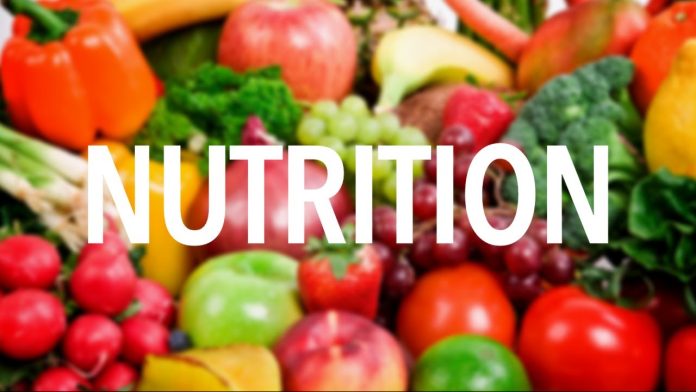Our jam-packed schedule can make meal times a rushed affair. Instead of healthy, nitritious foods, we often grab fast-foods or even light snack just to keep us full. The worst is when we even forget to eat.
If this sounds familiar, then its possible that your body is lacking in important nutrients. Even if you do eat well, other factors such as health conditions and age can impact your body’s ability to absorb the nutrients in your food.
Sometimes nutrient deficiency has no visible symptoms and we believe (falsely) that our body is “A-OK” and getting all the nutrition required. However, if you have noticed any mysterious health symptoms that has no apparent cause, it’s worth considering whether a nutrition deficiency may be to blame.
Here are some signs your body may be nutrient deficient:
Cracks at the corners of your mouth
Cracking or inflammation at the corners of the mouth (angular cheilitis) could be a warning sign of zinc, protein, riboflavin (B2) deficiency or iron deficiency. Good dietary sources of these nutrients include organic free-range poultry and eggs, oyster, and clams. Because iron absorption is enhanced by vitamin C, be sure your diet also includes plenty of vitamin C-rich veggies like oranges, broccoli, red bell peppers, kale, and cauliflower.
Brittle and dry hair
Hair, which is made up mostly of protein, serves as a useful diagnostic marker for nutritional deficiencies. Brittle hair can signal a deficit of essential fatty acids, protein, iron, and other nutrients. Some hair loss is usual with age. You should eat more dried fruit, pumpkin seeds, whole grains, dairy products, avocados, button mushrooms, raspberries, and bananas.
Unexplained fatigue
Fatigue is a common side effect of iron deficiency, which can lead to anemia, indicated by the low levels of red blood cells. Anemia can also show up as abnormal paleness. But you should take note that other conditions also can cause excessive fatigue, including heart disease, depression, or thyroid disease. It’s wise to tell your doctor if you feel unusually weak or tired.
Acne on cheeks, arms, and upper legs
If this happens to you, your body lacks vitamin A and vitamin D. You should eat less saturated and trans fats. Fish, flax seeds, dried fruits, almonds, walnuts, carrots, sweet potatoes and red peppers should be added to your daily diet. Quick tips: avoid popping your acne as it can cause black spots in your face.
Your nails flake and break
If your fingernails or toenails appear brittle and flaky, low iron may again be to blame. If this happens to you, your doctor may recommend iron pills and iron-rich foods such as liver and shellfish like clams, oysters, and mussels.
Diarrhea
Chronic diarrhea can be a sign of malabsorption, which means nutrients are not being fully absorbed by your body. This can be triggered by infection, surgery, certain drugs, heavy alcohol use, and digestive disorders such as Crohn’s disease. Consult your doctor if you experience persistent diarrhea.
Tingling, prickling, and numbness in hands and feet
This can be a sign of B-vitamin deficiency (particularly folate, B6, and B12). The symptom is related to the deficiency’s effect on the peripheral nerves and may be combined with anxiety, depression, anemia, fatigue, and hormone imbalances. Some good sources of B vitamins include spinach, asparagus, beets, organic free-range eggs and poultry, and grass-fed beef.
It is always important to always consume healthy foods to prevent nutrition deficiency. If these symptoms happen, you need to see your doctor as you might need certain medicine and medical treatments.







